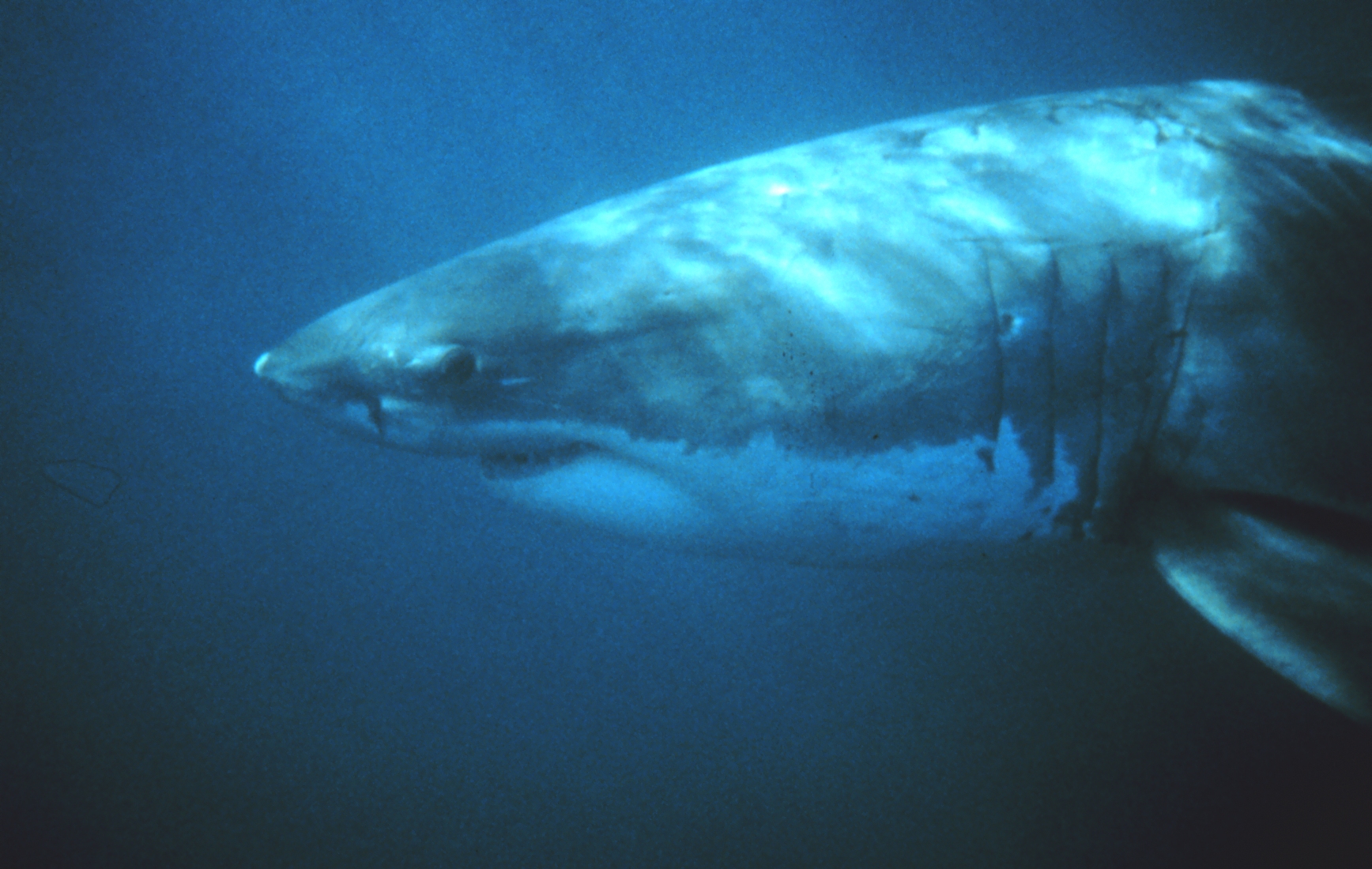On Thursday, Oct. 26, NOAA officials admitted their error in relaying data on illegal shark finning investigations. U.S. Sen. Cory Booker (D-N.J.) used the faulty data to build support for a bill that would shut down the entire domestic shark fin trade.
Booker introduced the Shark Fin Trade Elimination Act at a hearing of the Senate Commerce, Science and Transportation Subcommittee on Oceans, Atmosphere, Fisheries, & Coast Guard in early August, saying he was “shocked to find out that, since 2010, [NOAA] has investigated over 500 incidences of alleged shark finning.”
As it turns out, the reported results were too broad. NOAA has 526 reports containing the word “shark” in its case management system for that time period, but only 85 were related to shark finning. Of those 85 reports, 26 investigations led to charges, which works out to about four cases a year.
Casey Brennan, chief of staff for NOAA’s Office of Law Enforcement, told the Associated Press that a new case management system caused the NOAA employee’s error in passing along the data.
The Shark Fin Trade Elimination Act would make it illegal for any person to “possess, transport, offer for sale, sell or purchase shark fins or products containing shark fins,” including the legal removal of fins from commercially fished sharks during processing.
Shark finning has been illegal in the United States since 2000. Fins can be legally obtained from legally landed sharks, which allows a range of shark fisheries in the country to keep operating.
“Shark finning is a reprehensible activity that has been outlawed in the U.S. and is opposed by participants in the sustainable U.S. shark fishery,” said Robert Vanasse, executive director of Saving Seafood, a fishing industry trade group that asked NOAA to clarify its shark finning reports after seeing conflicting figures. “Members of our coalition do not believe there is any need for Booker’s bill.”
Representatives of shark fisheries believe this lapse in data used to support the bill erroneously is reason enough to pull support and put a stop to the bill.
But conservation and activist groups, like D.C.-based Oceana, have announced they think the bill should move forward. Oceana spokeswoman Amelia Vorpahl said the act would “reinforce the status of the United States as a leader in shark conservation and remove our participation in the global fin market that kills millions of sharks every year.”







